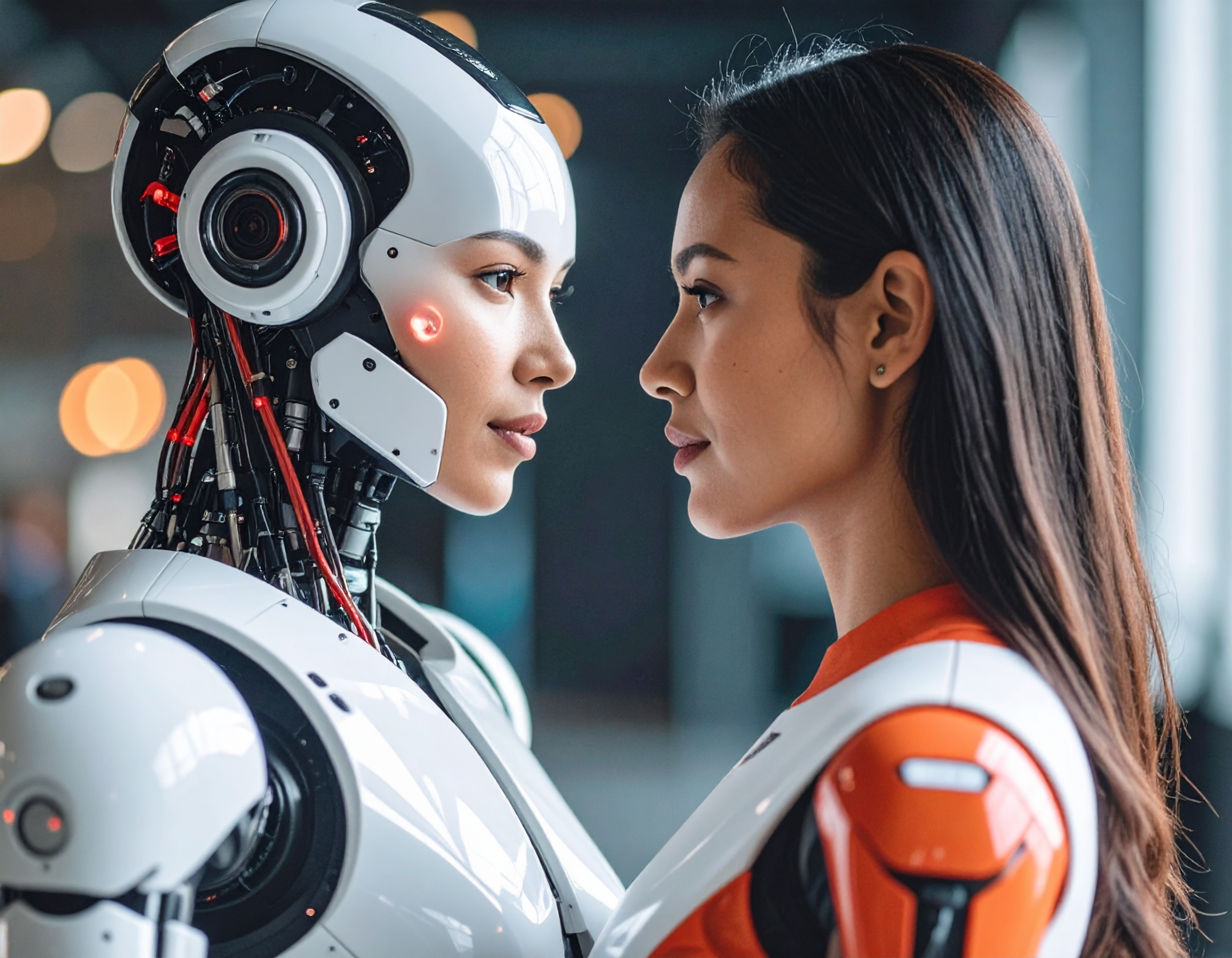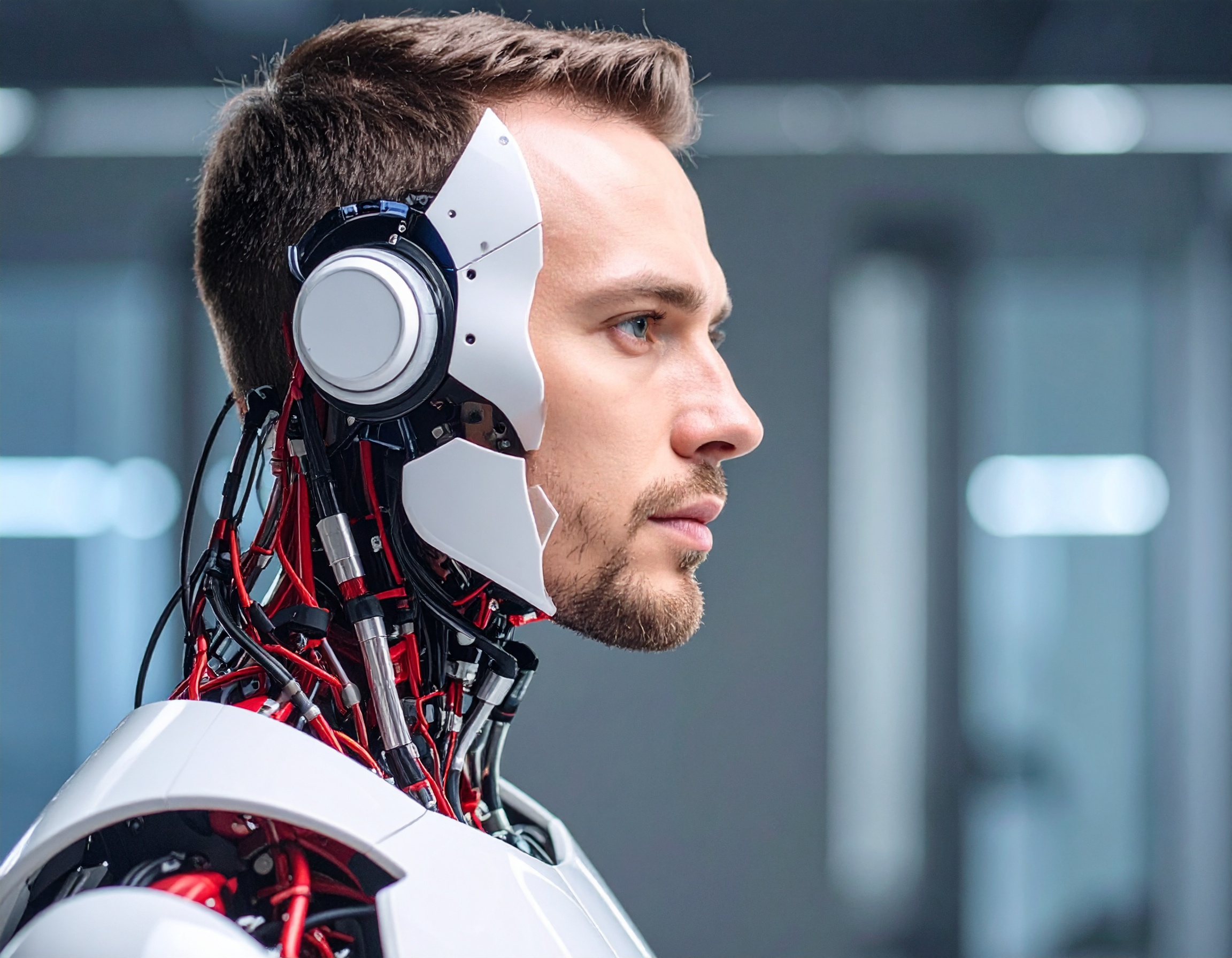AI-Powered Manager Takes Charge: A Glimpse into the Future of Work

In a recent development, a groundbreaking shift has taken place in the realm of workforce management. On November 8, 2023, the news broke that an intelligent agent, essentially a digital employee, has assumed the role of a manager at a manufacturing facility in Dmitrov, Russia. This cutting-edge transformation is a significant step forward in the integration of non-human workers into traditional work environments, signifying a potential revolution in how industries operate.
At the heart of this news is the emergence of a non-human manager, an intelligent agent, overseeing the entire production process in Dmitrov. This intelligent agent is programmed to optimize production efficiency, allocate resources, and make real-time decisions based on vast datasets and predictive algorithms. Its ability to analyze data and adapt quickly to changing conditions is a testament to the evolving capabilities of artificial intelligence.
What makes this development truly noteworthy is the potential it holds for reshaping the workforce landscape. As non-human workers like digital employees become increasingly prevalent, we witness a shift towards greater automation and efficiency in various industries. This move could lead to reduced operational costs, increased productivity, and even improvements in workplace safety. However, it also raises important questions about the role of human workers in an environment increasingly dominated by intelligent agents and digital employees.
The integration of an intelligent agent as a manager in Dmitrov signifies a noteworthy advancement in the rise of non-human workers within traditional workplaces. This new development, with its potential to boost efficiency and cut operational costs, brings us one step closer to a future where digital employees play a pivotal role in our workforce. As we move forward, it is essential to strike a balance between embracing these technological advancements and ensuring the continued involvement of human workers, keeping in mind the potential implications for the future of work.
Key Highlights:
- In a remarkable shift on November 8, 2023, a digital employee, an intelligent agent, assumed a managerial role at a Dmitrov manufacturing facility.
- The intelligent agent is designed to optimize production processes, allocate resources, and make real-time decisions based on extensive datasets and predictive algorithms.
- This development signifies a significant step in integrating non-human workers into traditional work environments, potentially revolutionizing how industries operate.
- The emergence of digital employees like this intelligent agent could lead to increased automation, efficiency, and improved workplace safety while raising questions about the role of human workers in an increasingly automated world.
- Balancing the integration of non-human workers with the preservation of human employment is a crucial consideration as we navigate the evolving landscape of the future of work.
References: [1].


